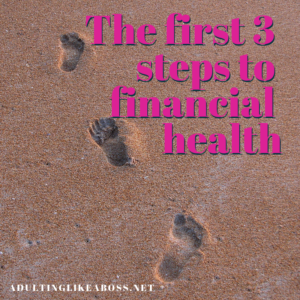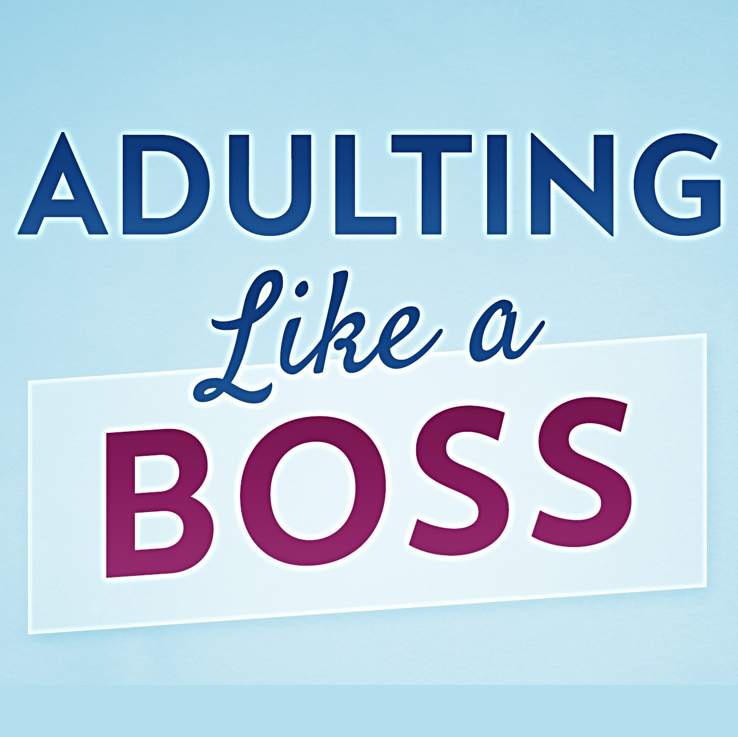 If you’re unable to pay your bills every month, you’ve either got to cut expenses or increase income. I talked about this a few podcasts ago, and you can go back and listen to episodes 7 & 8. But there’s something else that will really help you with your bills – and that’s paying your debts off so you’re not paying high interest credit cards and other loans.
If you’re unable to pay your bills every month, you’ve either got to cut expenses or increase income. I talked about this a few podcasts ago, and you can go back and listen to episodes 7 & 8. But there’s something else that will really help you with your bills – and that’s paying your debts off so you’re not paying high interest credit cards and other loans.
Paying off your debts and living “cash only” may sound unrealistic, but it is possible, and believe it or not, lots of people live that way. My husband and I are working a plan to pay off everything – even our house! We’re not there yet – but that’s the goal. We want to live debt free.
But in order to pay things off, you need a plan. It’s not going to happen on its own, and the first step is to get on a budget. Even a simple budget will do, and I have a budget guide you can download for free to get started. Because being on a budget will help you not accumulate NEW debt too! There’s nothing worse than being in a hole than continuing to dig!
There are several theories on the best way to get yourself out of debt, and any plan is better than no plan at all. Just paying attention to your finances, working toward goals is more than most people do! But I’d like to suggest a three part plan that I believe will get you to the place you want to be!
- Get on a budget that works.
Getting on a budget that works isn’t as complicated as it sounds. It may be painful, but you need to face the truth – even if the truth hurts. Start with a simple budget and go through your finances item by item. What income do you have? What expenses do you have? Think of every single thing you spend money on. Look through your bank statement (online or paper) and see where you’ve spent money. Think through cash you’ve gone through. Where did it go? Don’t see this exercise as painful, but as a “come to Jesus” meeting with yourself! Know where your money is going!
If you find that once you’ve written down all your expenses and all your income, and you’re in the red, then you’ll have to rethink things. Going into debt every month is going to catch up with you eventually. Get on a zero balanced budget.
- Save up to have an emergency fund.
If you’re struggling to pay your bills each month, it may seem silly to think about putting any money aside, but having an emergency fund of $500-$1000 will help prevent further debt! When you’re trying to pay off your debts, you want to get out of the hole and NOT keep digging. Without an emergency fund, the first time there’s an urgent need that requires cash (something breaks down, an unexpected expense arises, etc.) the temptation will be to “put it on the card.” With an emergency fund, you don’t have to put it on a card.
If an emergency arises, (a TRUE emergency) and you use your stash, you’ll need to spend the next couple of months building the emergency fund back up.
- Pay off your debts in an organized way
Once you’re on a budget, and have an emergency fund, start paying off your debts. If you have several small debts, try tackling them first. Getting those out of the way will give you a sense of accomplishment. And you’ll be surprised how motivating it will be to find extra money to pay them off!
Dave Ramsey advises paying off debts from the smallest debts to the largest. The idea is that you pay the minimum on everything except the smallest debt, on which you pay as much as you can. Once the small ones are paid off, you keep putting the money you were paying on them onto the next biggest, paying it down, until they are all paid off.
Other financial gurus advise instead that you pay off the debts that have the highest interest rate first. If you’re paying a lot of money in interest, you might want to get that out of the way.
Whichever route you choose, the important thing is that you have a plan to pay them off at a faster rate than allowed. Lenders make money on interest, and interest is what keeps you in debt. The faster you can pay them off, the less interest you’ll pay.
A few things that don’t help:
- Moving debt around. Don’t be tempted to consolidate your loans if given the offer. If you’re in the position of not being able to pay your bills, chances are it’s because you’re undisciplined and you’re overspending.
You need to get on a budget and learn how to live within your means. Consolidating your loans before you’ve really learned the discipline of staying within the bounds of a budget will only tempt you to continue your lifestyle of spending without thought of the consequences. Soon you’ll find yourself in more debt, and a worse situation than you’re already in.
- Taking out more loans to pay your bills. Whether it’s a “payday loan” or a family loan, borrowing more money won’t help you get out of debt. Just like #1 above, you’re only moving debt around. Also, if the pressure of paying off the debts subsides a little, you might go back to the spending ways that got you into this mess.
Whatever you decide to do, paying attention to your financial health is crucial. If you’re just hoping that it will work out, chances are it won’t. Get on a budget, set aside an emergency fund, and pay off your debts. Those are the first steps you’ll need to take to get in a good place financially.
